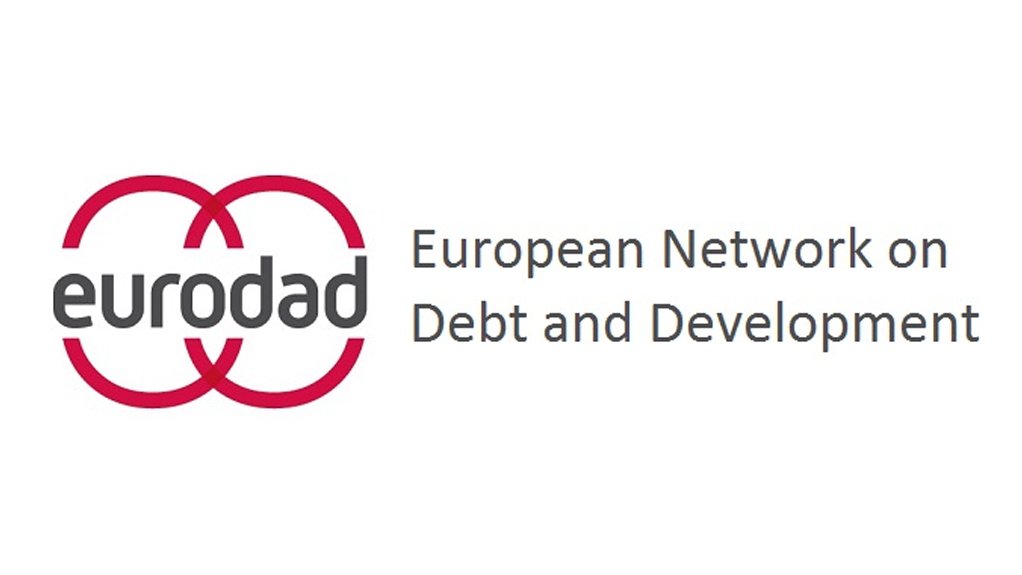- Miracle or mirage: are debt swaps really a silver bullet?4.93 MB
As the end of 2023 approaches, 136 countries are considered to be in a critical debt situation. At the same time, fiscal space has been reduced, leading many, including governments, UN agencies and some international NGOs, to point to debt swaps as an innovative solution for tackling sovereign debt problems, while also generating resources for the Sustainable Development Goals (SDGs) or climate action. Therefore, debt swaps, while not new, are gaining increasing attention in international development and climate forums, particularly due to the proliferation of so-called “debt-for-nature swaps”.
However, as we detail in this briefing, debt swaps will not provide substantial debt reduction, nor will they create sufficient fiscal space for global south countries to tackle the development and climate challenges. Debt swaps will not cover up the shame of the lack of political will and commitment amongst countries in the global north to support the global south. Instead, countries in the global north should recognise their historical responsibilities in perpetuating neo-colonial economic governance and dynamics that keep countries in the global south tied to debt dependency. As such, progress on debt swaps must not be an excuse to detract attention from the urgent need to move forward fundamental reform of the international debt architecture.
Taking both the recent debt-for-nature swaps and debt swap experiences over the last 3 decades into account, the report raises a number of questions, concerns and challenges.
- Debt swaps are not an effective instrument for significantly reducing debt levels
- Debt swaps should be seen as tools to free up funds for governments with fiscal space constraints and with limited access to grants or concessional finance.
- The impact of debt swaps does not only depend on the ability to scale them up.
- Debt swaps inherently bear conditionality
- Debt swaps tend to be slow, complex and costly instruments
- Lack of transparency and accountability has been a constant
- Insufficient community and civil society participation
- The risk of greenwashing
- Debt swaps are used as a means of legitimising and erasing responsibilities on illegitimate debt
In conclusion, for countries without access to grants or concessional finance, well-designed debt swaps can play a role in mobilising extra resources for the SDGs or climate projects. However, experience shows that their impact on the fiscal outlook and debt situation of the country will not be particularly meaningful. Furthermore, the recent debt-for-nature swaps via debt-buy-back operations, involving new bond issuances to refinance existing distressed debt, are perpetuating the debt dependency and the dependency on financial markets. This is, in turn, enhancing the financialisation of development and climate finance. Moreover, for debt swaps to work for economic, climate, gender and social justice, the quality and governance failures should be actively tackled prior to any further promotion. Finally, the increasing focus on debt swaps should not become an excuse to detract from the urgent need for debt cancellation and delivery of debt-free climate finance, nor to avoid the necessary reforms in the international debt architecture.
Report by Eurodad
EMAIL THIS ARTICLE SAVE THIS ARTICLE ARTICLE ENQUIRY
To subscribe email subscriptions@creamermedia.co.za or click here
To advertise email advertising@creamermedia.co.za or click here











